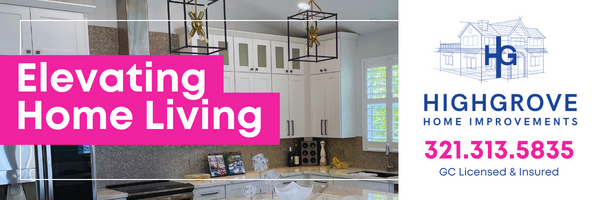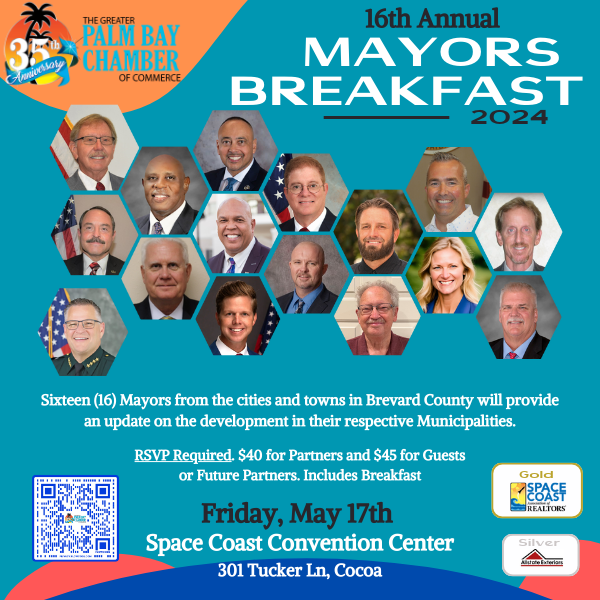Seeking to Get Solar? Join a Co-op
Brevard County enjoys abundant sunshine. The sun generates solar energy. Solar energy is clean, efficient, cost-effective and kind to Mother Earth. So, why aren’t we fully accessing this golden opportunity?
Solar United Neighbors, a nationwide nonprofit that represents solar owners and supporters, has been asking that same question for years. The group has joined forces with the League of Women Voters of the Space Coast to encourage homeowners to look up to the sun as a viable option for their energy needs.
The two groups recently launched the Space Coast Solar Co-op to help Brevard homeowners and small businesses go solar. The League partnered in the co-op because of its belief that solar is a viable tool to the preservation of Florida resources. Also supporting the endeavor are the Space Coast Progressive Alliance and Space Coast EV Drivers.
“Going solar is a great way to beat rising energy costs by taking control of where your electricity comes from,” said Heaven Campbell, Florida program director for Solar United Neighbors.
The current solar co-op, the fourth the organization has launched in Brevard, is, like its predecessors, time-constrained, countywide projects comparable to a Black Friday sale, when businesses offer outstanding discounts for a limited time.
“The installer for a co-op is offering a great price on great equipment so the deal isn’t forever,” Campbell added.
Sun Shines on Cape Canaveral
Available to all residents of the Space Coast, the latest co-op also figures in the City of Cape Canaveral’s Resiliency Action Plan, which aims to make the city’s energy systems entirely renewable by 2035.
Walking the solar talk, the city installed a rooftop solar array last year at its new community center. Since activation, the 48,000-watt array has produced more than 92 megawatt hours of electricity that equate to more than 71 tons in carbon dioxide emissions savings from municipal operations, or the equivalent of planting more than 1,000 trees. The installation, which provides for 54% of the build’s annual energy consumption, saves the city about $12,000 a year in utility costs.
The solar project is part of a goal to turn the building into a dedicated resilience hub that can do double duty as logistical staging and relief site during hurricanes and other disasters.
“After a storm, residents could arrive to find power to recharge their phones, internet, cooling fans, food, water and other basic supplies to make recovery easier,” said Zach Eichholz, chief resilience manager for the city.
Co-Op Sifts Through Misinformation
Given the fact that most households cannot afford a dedicated resilience manager such as Cape Canaveral’s Eichholz, joining a solar co-op is the next best thing, considering it costs nothing to join and carries no commitment to purchase anything. Barbara Ida, who calls herself Solar United Neighbors’ biggest fan after installing solar panels in 2019, credits the co-op for helping her navigate the intricate landscape of the solar industry. Before joining the SUN co-op, she had not gotten much traction with her wish to harness the energy of the sun.
“Frankly, whenever I reached out to a commercial installer, I got nothing but false information,” she said. “First, I seemed to be disqualified because of my trees. I never got a good explanation. Then I was told that my income was insufficient for a tax credit. Both were wrong.”
Not expecting much, she still joined the SUN co-op, because, what the heck, it was free. She soon was pleasantly surprised.
“My property was approved as satisfactory and the cost with the co-op discount was half of what I had been led to believe such an installation demanded,” she said.
With net metering, which is the energy billing mechanism that allows consumers who generate some or all of their own electricity to use that electricity any time, instead of when it is generated, Ida’s energy bill is now at the minimum, currently $29.97.
“I even get a credit at the end of the year for my excess that has gone into the grid,” she added.
With the 30% tax benefit she received for installing solar, Ida was able to make the down payment for the system. While all is well that ends well for Ida, she doesn’t think her solar panels would be up were it not for SUN’s help.
“I believe that without the support of SUN, it is a very tricky business to navigate the rooftop solar market on one’s own,” she said.
The SUN co-op’s expertise certainly comes in handy when homeowners face challenges that include less than enthusiastic HOAs.
“We have a Solar Rights Law that prevents HOAs from blocking solar,” Campbell said. “That doesn’t mean HOAs can’t be cranky, but we support homeowners through the process and barriers that may arise.”
The co-op also helps homeowners find insurance through solar-friendly carriers that know solar is a fixed asset under Coverage A, and they’re always looking for more converts from the insurance industry.
“We implore any carriers that would like free solar education to reach out to us,” Campbell added.
SUN will also host several free virtual information sessions to educate community members on solar energy and the co-op. The group has hosted more than 80 of these sessions in Florida to pave the way for thousands of solar installations at homes and businesses. However, Campbell cautions that not every homeowner is a good candidate for solar, since return on investment may take as much as a decade.
“Solar isn’t for every family,” she said. “It is important to make sure the financing and numbers pencil out for you. If it does, solar is a very effective, long-lasting and low-risk high-return investment.”
Satellite Beach resident John Fergus joined the first co-op in 2017 and the second in 2019. Like Ida, Fergus is a firm believer in solar co-ops.
“For those considering installing solar, join a co-op,” he said.
Learn More
Solar United Neighbors
solarunitedneighbors.org
202-888-3601


















